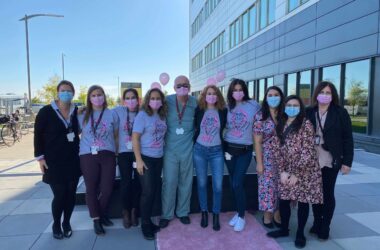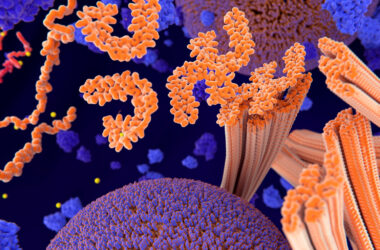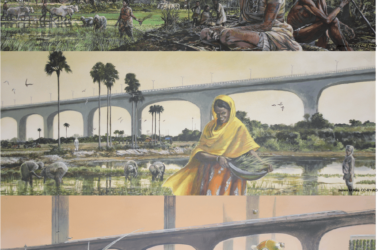In 2018 alone, reported fraud cases increased by 18.4 percent from the previous year and over 20 billion dollars were lost. Although not the only source of card fraud, one major concern is the security of Automated Teller Machines (ATMs). With the spread of ATMs throughout the world, personal banking[Read More…]
Science & Technology
The latest in science and technology.
In conversation with Dr. Sarkis Meterissan
On average, 76 women in Canada are diagnosed with breast cancer every day. October continues to be an important month for raising awareness and funds to support research and women battling breast cancer across the country. Dr. Sarkis Meterissan, surgical oncologist and director of the MUHC Breast Clinic, is one[Read More…]
Going nuclear: The future of sustainable energy
As the 2021 United Nations Climate Change Conference (COP26) drew to a close on Nov. 13, questions about the future of climate initiatives saturated international discourse. One thing is certain: To mitigate the worst effects of climate change, the world must halt its use of fossil fuels as soon as[Read More…]
Science Rewind: How Quebec propelled aviation forward
A brief history of flight Home to Air Canada, Bombardier and the Canadian Space Agency (CSA), Montreal has placed itself among the world’s leading aerospace and aviation hubs. In 1856, the first aircraft ever constructed in Canada was a balloon that carried three passengers from Montreal to Pointe-Olivier, Quebec. Flown[Read More…]
Tracing the evidence behind forensic science
Most viewers are aware that the crime-solving shown on TV is often a sensationalized representation of real-life forensic science, especially when it comes to the analysis of physical evidence. Trace evidence collection, bloodstain pattern analysis, ballistics, and other forensic techniques are supposed to give investigators the power to pin a[Read More…]
Alzheimer’s disease: More than a century later
In 1901, Alois Alzheimer noticed an abrupt change in his wife August Deter’s behaviour. Though only 50 years old, she began suffering from memory problems, paranoia, and bouts of aggressive behaviour. Five years after being admitted to a psychiatric ward, she passed away a completely different person from the woman[Read More…]
Exploring the beneficial applications of virtual reality
Facebook recently announced that it would be rebranding itself as Meta. It will become the parent company of its social media platforms—Facebook, WhatsApp and Instagram—and will roll out new ways of experiencing these platforms. Facebook also explained that it would be focussing on developing virtual reality (VR) and augmented reality[Read More…]
Just one lifetime away: Mapping climate change beyond the year 2100
The year 2100 has frequently served as a benchmark for climate health projections. Yet, more than half a century has passed since 2100 was first used as a horizon, and the year is no longer a marker of an abstract and dystopian future, but rather a time that will be[Read More…]
The ebb and flow of fish biomass over the decades
The oceans once held what humans considered to be a limitless supply of fish—populations were so abundant that it was nearly inconceivable that the waters would ever run out. That viewpoint was challenged in the ‘80s and ‘90s as overfishing caused fish stocks in the North Atlantic to rapidly collapse. [Read More…]
Four ways McGill researchers are spearheading pandemic innovation
More than a year and a half has passed since Canada reported its first-ever COVID-19 case. From social distancing to online learning, humans have quickly adapted to these new conditions in order to contain the spread of the virus. While the pandemic has posed many challenges in academic and scientific[Read More…]















